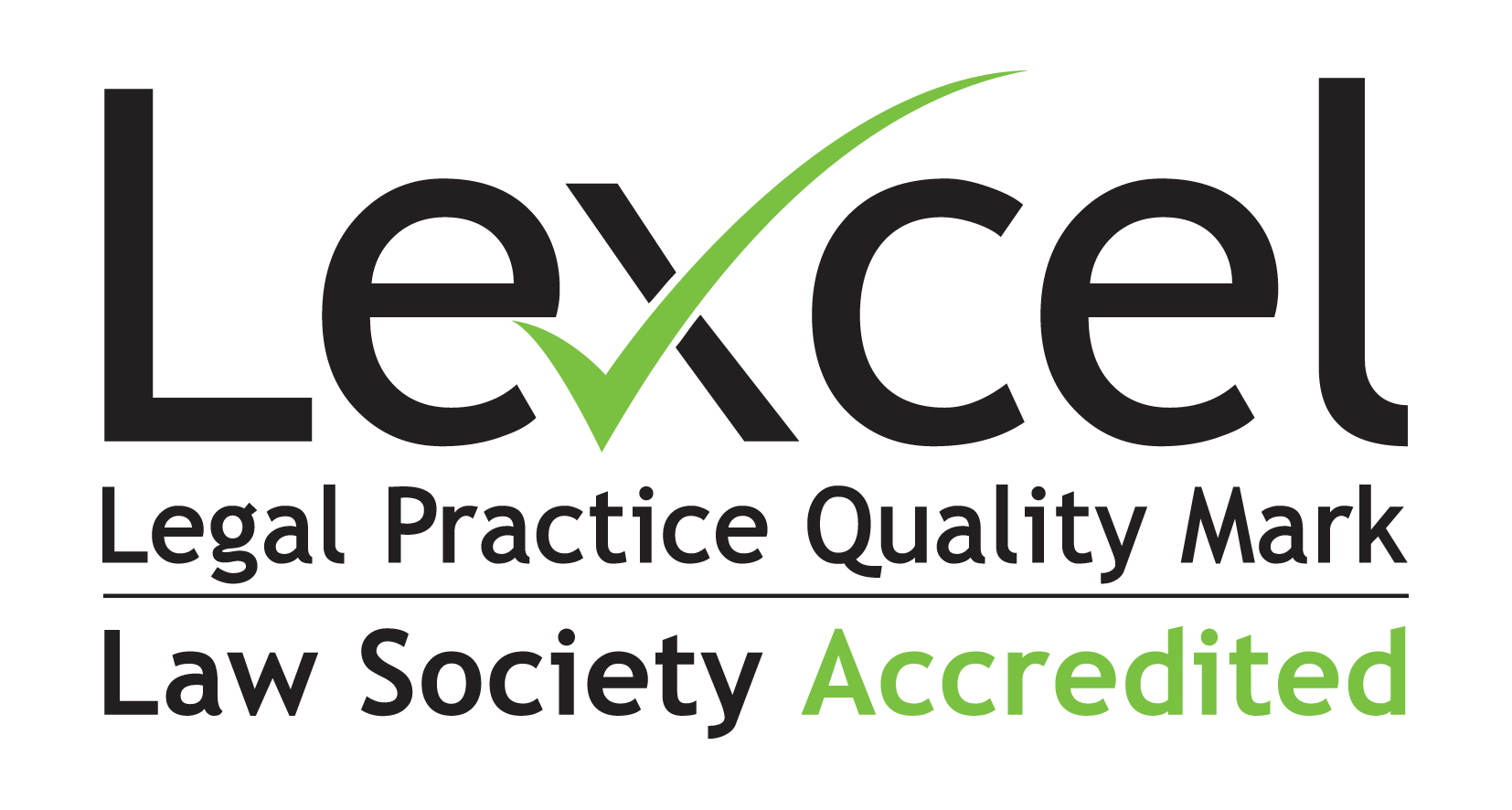- Home >
- Blog Articles >
- Do you have Lasting Powers of Attorney?
Do you have Lasting Powers of Attorney?
Do you have Lasting Powers of Attorney (LPA)?
In this article, we explain what is an LPA and the benefits of having them in place.
There are two types of Lasting Powers of Attorney (LPAs), 1) a property and financial affairs LPA and 2) a health and welfare LPA.
A property and financial affairs LPA allows you to appoint someone to manage your financial affairs on your behalf both when you have mental capacity and consent to them acting and also if you lose capacity in the future. A health and welfare LPA allows you to appoint someone to make decisions about your health and welfare, if you lack the capacity to make those decisions yourself. The person or persons you appoint will be known as your attorney orattorneys.
A person can only make an LPA when they have the capacity to understand the document, the powers they are giving to their attorney(s) and when those powers will come into effect. Although people often think of LPA’s as something to put in place as you get older in case you suffer from Alzheimer’s or dementia, there is always the risk of losing capacity unexpectedly, for example, being involved in an accident or of contracting an illness where loss of capacity could happen rapidly.
Benefits
Having one or both LPA’s in place can be beneficial as it allows your family or the people you trust most to take over making decisions on your behalf. It also provides peace of mind. Where someone does not have LPAs in place and loses capacity, the only option is to apply to the Court which is a lengthy and costly process. The Court will then be involved on an ongoing basis for as long as the person lacks capacity or until they pass away. The Court is reluctant to give someone the power to make decisions about a person’s health and welfare if there is no LPA in place and no specific issue to deal with.
We advise putting LPAs in place as early as possible as it takes at least 8 to 10 weeks to register the document with the Office of the Public Guardian and the document cannot be used until it is registered.
Cost
Cost can vary depending on the level of complexity and number of LPA’s – typically you might expect to pay between £450 to £950 plus VAT. Separate charges have to be applied in setting up an LPA called Court Registration fees which can range from £82 to £328 (variations may apply depending on personal circumstances). Our friendly and knowledgeable team can talk you through what might be the best options for you and give you an estimate of cost. Our team are more than happy to chat with you – we offer free 15 minute consultations for LPA’s. Ask for Claire, Kirsty, Sarah or Josephine in Wills and Probate department.







